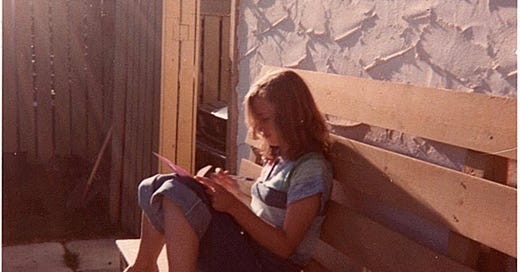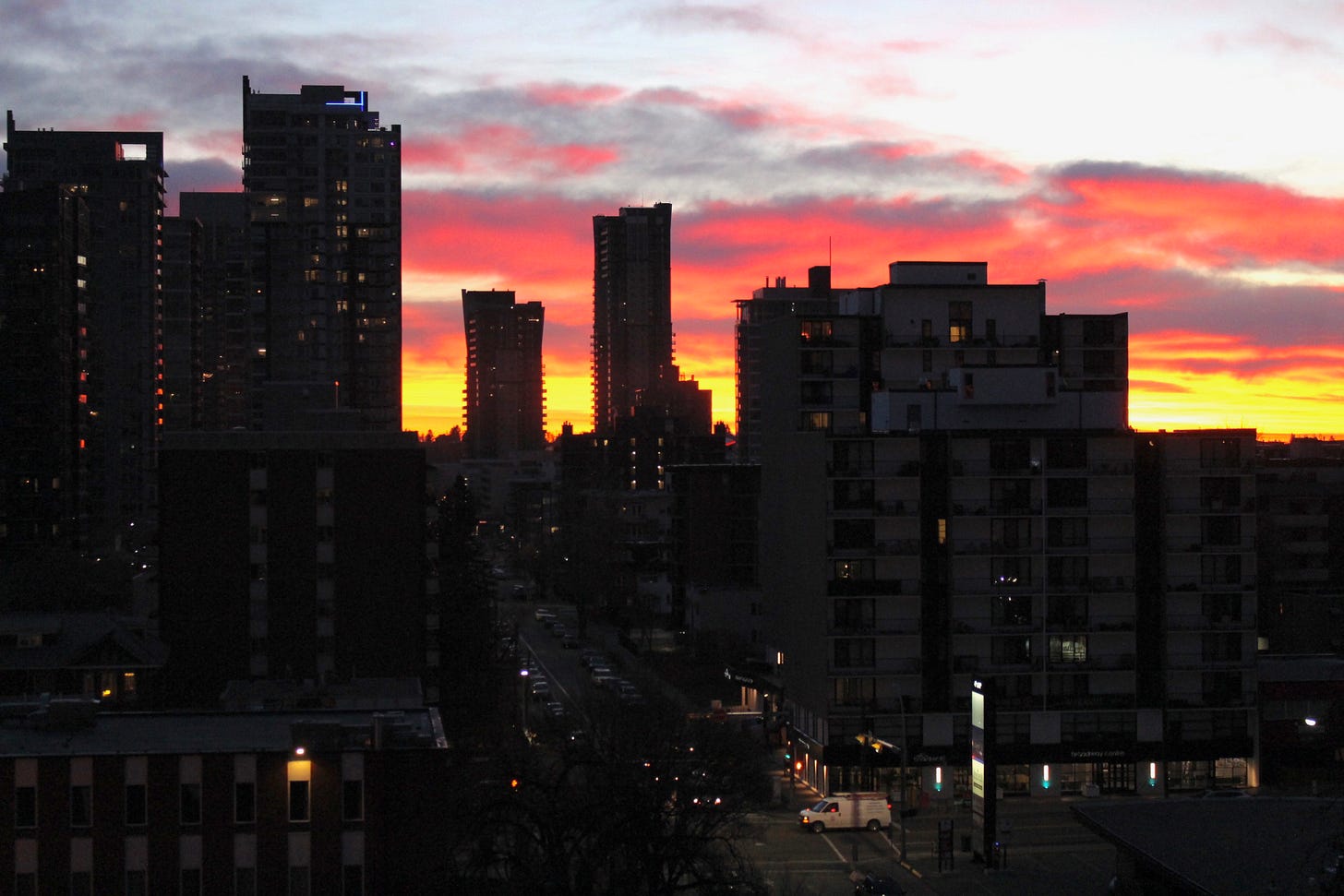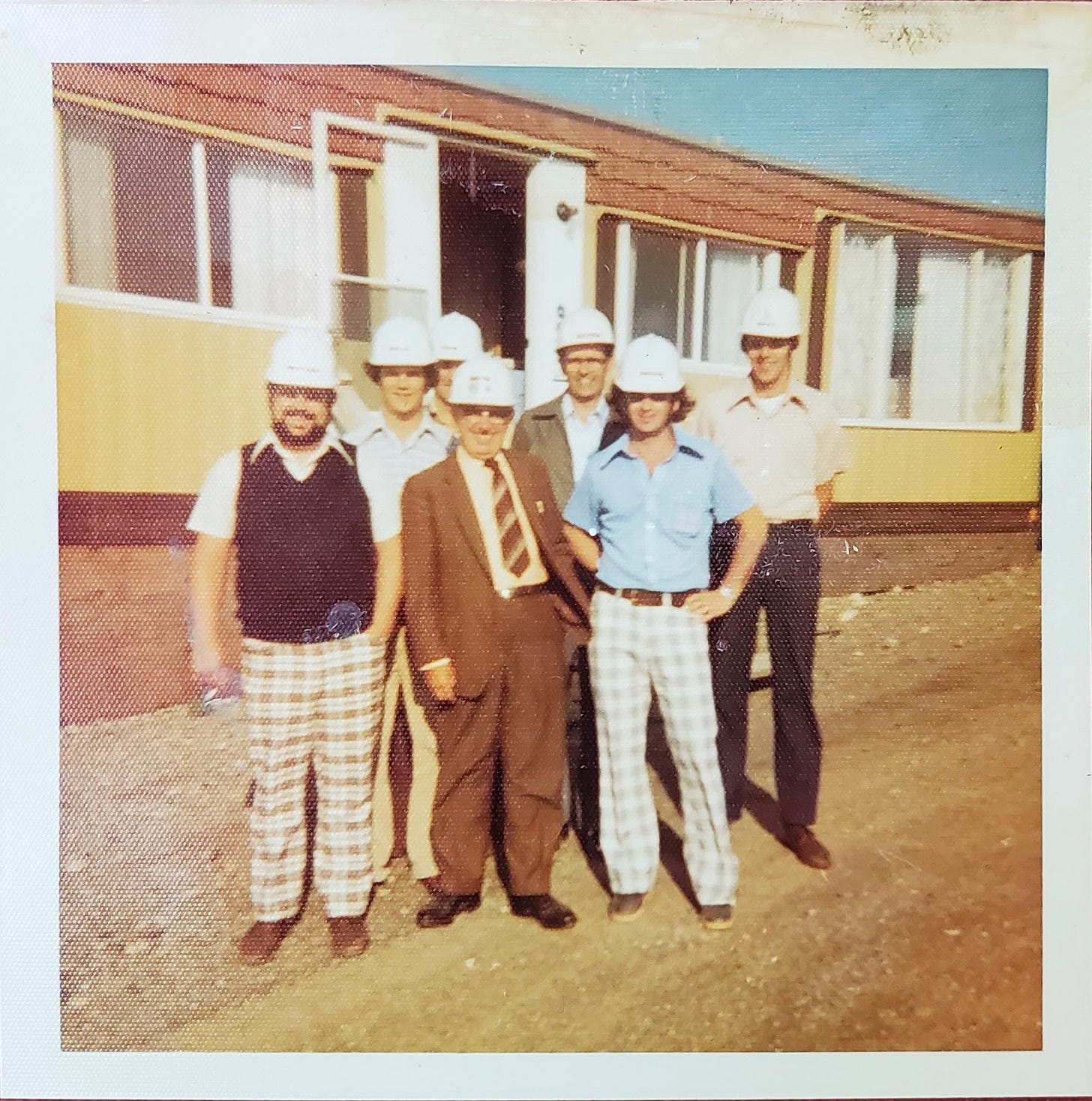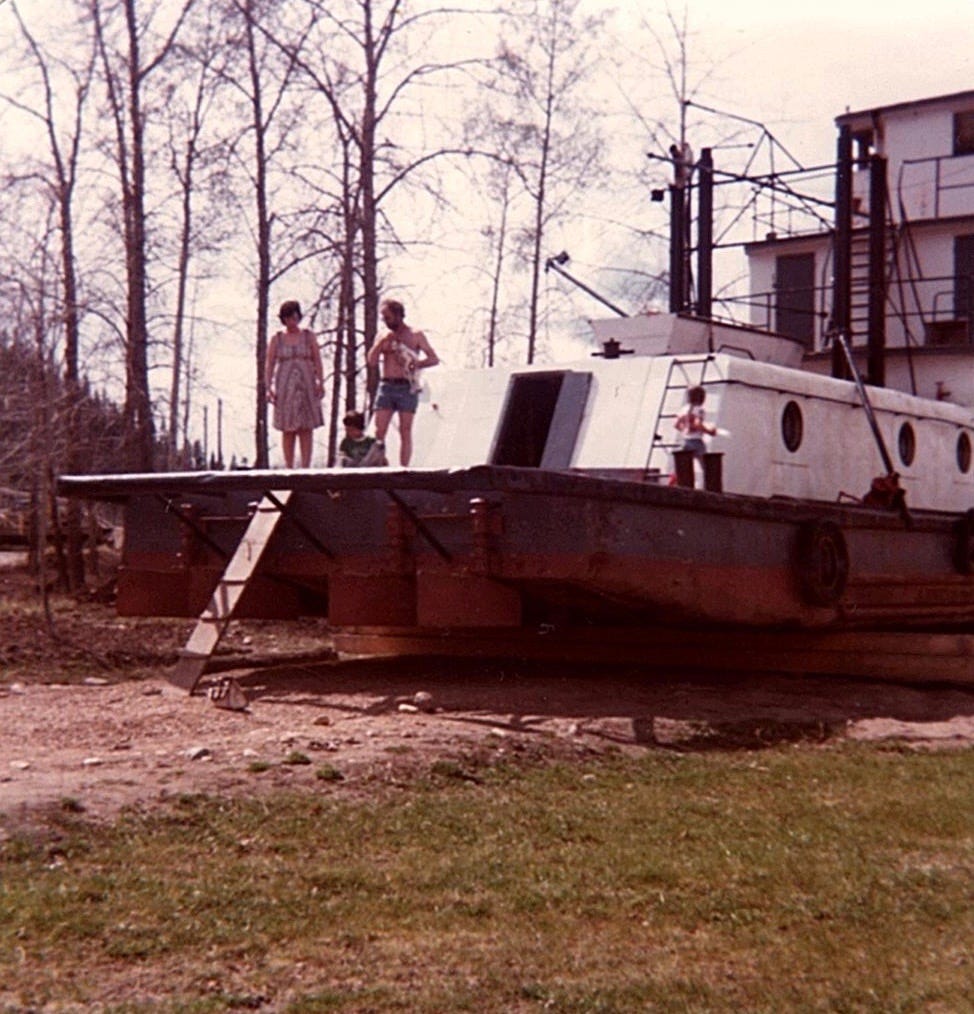Behind-the-scenes of The Missive #4
The UCP has its #MeToo moment plus what I'm reading, watching and listening to now
Hello subscribers,
Last month I launched new content options for paid subscribers. Subscriptions are available for those who want to receive bonus content (and support my writing) monthly or for a discounted rate annually.
Don’t worry, my weekly irrational report on the UCP will continue to be free for everyone, for always!
What will you receive as a paid subscriber?
Since I spend so many hours every week doing background reading and writing before actually releasing my newsletter, I thought I may as well share some of that work. This reading and thinking shapes my approach to the final newsletter.
I’ll also curate some other content that I find inspiring and may be informing my opinions each week. This month I’m talking about the supervised consumption site in the Alberta legislature where drinking on the job is okay as long as it’s “mature” drinking, according to Jason Kenney. I’m also reading about the root cause of the failures so far of COP conferences, watching a fantastic TV series about spies gone wild in Germany, and listening to a couple of unlikely historians explaining why the Russians are suspicious of Chrystia Freeland.
This small subscription fee will also support my eventual transition to retirement in the next few years and potentially help me with several writing projects I am exploring, including my experience moving from the Maritimes and growing up in boom town Fort McMurray, my move from journalism to work behind-the-scenes in the oilsands industry as a PR person, experiences in the political backrooms at all three levels of government here in Alberta and in my activist phase while living in Okotoks in the early 2000’s. I will test excerpts with my paid subscribers in order to receive feedback. Skip to the very end to see this month’s excerpt.
And I’ll share some of my photos you may not have seen anywhere else.
My goal is to write these several times monthly, probably depending on the season (and the weather, let’s be honest - I like being outdoors biking a lot!)
So, here’s a free sample. These will be available ONLY to subscribers soon. It you’d like to join as a paid subscriber, hit this button up. If you’re not already a subscriber, why not join for free to see if you like it.
Thoughts ahead of this week’s newsletter:
One of the many big stories of the week was the resignation of Devin Dreeshan, the Trump-loving former Agriculture and Forestry Minister. Dreeshan admitted his “personal conduct with regards to alcohol has become an issue for the government as a whole” and stepped down from cabinet.
Before I go further, I want to say that addictions are a serious health issue and my hope is that Dreeshan gets the medical help he needs. This is not an excuse for his behaviour, though and that is not only common sense but based in law.
His decision to quit cabinet is unusual for this gang, who usually don’t back down, nor do they offer much in the way of apologies. Later, they are quietly shuffled out for their misdeeds. Apparently, Dreeshan did not get the memo and quickly after the story broke, offered his apology and resignation.
He led by saying he “deeply regrets” his conduct was embarrassing the government, rather than he’s sorry about his actions. (apologies in politics are often lacking, read my past thoughts on this subject)
Or perhaps the scandal brewing behind-the-scenes is a huge one since he’s one of the people at the centre of a lawsuit brought against Premier Kenney’s office by a former chief of staff to Doug Schweitzer. It may be an early attempt to mitigate the coming storm.
In a report by Elise von Scheel of CBC News, “The allegations in Ariella Kimmel's lawsuit include sexual harassment and heavy drinking by ministers and staff in legislature offices, as well as claims that senior staff in the premier's office fabricated rumours about her, contributing to her termination.”
Here we see the same old misogynistic patterns being alleged by Kimmel: men drinking on the job, sexually harassing and bullying women in the workplace, while the women who object to the behaviour are the ones blamed, attacked and fired.
How many times have we seen this similar situation repeated?
And the reaction from the premier was sputtering and included innuendo about how he doesn’t get involved in “personal relationships,” which was a reference to the fact Kimmel was once romantically involved with Dreeshan. This is an absolutely abhorrent response from the premier.
To make matters worse, Kenney later admitted he may have joined Dreeshan in his office for drinks on at least one occasion (that he can remember) and doesn’t really see anything wrong with it, as long as it is “mature and responsible.” Drinking at work for most people would not be considered either of these things.
So, Kenney knew about it and turned a blind eye, saying that politics is a “social” activity and therefore getting tipsy while negotiating $200M forestry contracts and – harassing women presumably – is just part of the gig.
I don’t know about you, but this makes my blood boil. And as other women have pointed out on Twitter, let’s not let Dreeshan’s personal struggle with alcohol addiction cloud the lawsuit which claims MANY people were involved in or knew about the behaviour and none suffered any consequences except for Kimmel, who claims she was fired for reporting it.
She alleges she was Jason Nixon’ed, as they say.
Featured image:
White van traversing 4th Street with colours at sunrise
One of my favourite times of the day is sunrise and from my perch above the Beltline traffic, I have photographed MANY sunrises over the past five years.
David Bell had a lovely article on the CBC website this week featuring an interview with the Weather Network’s Kyle Brittain who explains why Calgary skies are so spectacular:
"You see beautiful sunrises and sunsets in all parts of the world, but the reason we get so many in southern Alberta is because of the terrain, because of the chinooks we get from the wall of rock to our west."
Read the full article for more insight into this #yyc phenomenon.
Reading:
As people are gathering in Glasgow for another week of the 26th UN Climate Change Conference of the Parties (COP26), there is significant frustration with the lack of progress. Even the organizers themselves have said, "Despite the opportunities, we are not acting fast enough. To avert this crisis, countries need to join forces urgently.”
Urgency is a sentiment also present at the last climate change conference which was held in Paris in 2015. However, that agreement was simply not aggressive enough, as outlined in the COP26 explainer put out by the conference organizers:
“But, the commitments laid out in Paris did not come close to limiting global warming to 1.5 degrees, and the window for achieving this is closing. The decade out to 2030 will be crucial. So as momentous as Paris was, countries must go much further to keep the hope of holding temperature rises to 1.5 degrees alive.”
At some point, we must stop dancing around the issue and grapple with the root cause of the climate crisis.
In an article for Environmental Health News, a news site run by the non-partisan, non-profit news and science organization founded in 2002, authors Deniss Martinez and Ans Irfan remind us that, “Climate change is rooted in the exploitation and degradation of the planet, peoples, and cultures, which were the foundational principles of colonialism. Rooted in white supremacy, colonialism's impacts on current challenges and solutions to climate change are seldom explored.”
Settler colonialism involves “making a home in a land that is already home to Indigenous people.” The authors of this article say the environmental movement has failed to recognize and challenge this practice, which – in turn – leads to flawed approaches, including most significantly, the displacement and exclusion of Indigenous communities from the landscape in favour of “wilderness” protection. The very idea is a denial of the previous people’s connection with the land. That separation of people from the ecosystem, is a fatal flaw.
The article offers recommendations to challenge colonialism, which include:
Land reparations – increasing access to allow a return to traditional practices
Land stewardship – go beyond consultation to more respectful collaboration
Sustained financing – long term funding commitments for stability
Indigenous decision-making – adaptive policy-making
Indigenous science – employ and value Traditional Ecological Knowledge
“We must move forward with humility, a commitment to unlearning our narrow way of thinking, and learning from Indigenous people who have been stewards of the land since time immemorial if we are to recast the existential challenge of the climate crisis as one of hope and action instead of mass death and despair that will be the inevitable outcome of climate inaction.”
https://www.ehn.org/indigenous-people-and-climate-change-2655479728/climate-justice-recommendations
Watching:
If you don’t mind starting a series in its third act, check out Deutschland 89, which is available on Crave. This series is the third in a trilogy created and produced by Anna and Joerg Winger. Their bios sound fascinating, as they met in Chile, moved to Berlin and began a creative collaboration. Anna Winger is also co-writer of the miniseries Unorthodox on Netflix.
The 89 version of the series (there’s also a Deutschland 83 and 86) follows the fall of the Berlin Wall in 1989 and is centred around the character played by Jonas Ray, an agent of East Germany who haphazardly contributes to the fall of the government, in this fictional telling of the real life events. The show is interspersed with real footage from the time and includes a healthy dose of dry humour, as well as an incredible storyline, a colourful collection of characters and all the required spy intrigue.
The series features plenty of political commentary. As the wall comes down, Stasi agent Lenora Rauch (the aunt of the main character played by Ray) is in jail in West Germany and launches into a tirade ending with:
“Capitalism is nothing but capitalism. It serves no other purpose. Not freedom, nothing. Capitalism sucks everyone in and devours them.”
The series was filmed in the old headquarters of the Stasi, the secret police, and the sets become almost another character in the show with stark furnishings, bleak lighting and peculiarly placed objects throughout. Then there’s the music and clothing of the time providing a backdrop that certainly sucked me in.
I hadn’t seen the first two in the trilogy and thoroughly enjoyed 89 anyway.
Listening to:
Again, I’m listening to another episode of The Bottlemen with Canadian musician Dan Boeckner and socialist writer/Trashcast pod guy Riley Quinn. These two fans of the Zork computer game also like to shine light on the dark secrets of Canadian politicians past and present. If you don’t want to listen to them wax poetic about 1980’s computer gaming, compost toilets and HR management software, skip directly to 26:00 for an entertaining conversation about Canadian Liberal Finance Minister, Chrystia Freeland.
“The Honourable Member for CSIS” features a freewheeling account of what they call “Freeland-mania” and quote from a recent article by Simon Miles about the deputy prime minister in the Globe and Mail. They argue pretty convincingly that if Freeland was not a spy while she lived in Ukraine, she was at the very least “intelligence-connected.” As Miles writes in the Globe:
“But the student, ostensibly on a visa to study Ukrainian, was so fluent that she did not need to attend class in the first place in order to make grades – much to the KGB’s chagrin. Instead, she spent her time traversing Ukraine, purporting to visit far-flung family members, but in fact working as a fixer for visiting journalists.”
****************************************************
Writing project:
Uprooted as a teenager to the remote northern community of Fort McMurray
Last time, I mentioned my family was part of a wave of workers convinced to move west and north to Fort McMurray in the late 1970’s. I was a mere teenager as we left the Maritimes for a better life in Alberta. My mom and dad believed we would be “back east” in a couple of years, after making good money…or at least that’s what they thought at the time.
Forty years later, all four of us are still out west. My father died of a heart attack suddenly in the late 1980’s at the age of 43 — too young.
Besides losing a sense of place, being uprooted as a teenager and moved across the country has forever defined my outlook on life, in ways both good and bad. I’ve recently written more about this experience, expanding on some earlier entries in my journal.
An excerpt:
As the story goes, the movers had emptied our apartment on Donaldson Street of every bit of furniture and boxed it up. All of our belongings were loaded into the moving van. Our green Toyota station wagon with the fake wood panels my dad joked about was to be loaded on to a railcar soon for the long journey.
My parents likely spent the day cleaning the place, scrubbing and patching holes in the walls made by my mom’s large collection of plates, framed pictures and hanging plants.
I remember little of that day, likely I was walking around the place in shock and despair. I was 14 years-old, but looked and felt much younger. I was the last of my friends to get my period and at the time, held onto an irrational hope that it might never happen to me. I thought the whole menstruation thing was grossly unfair.
Most of the packing and moving is a blur but I have a vivid recollection of the empty square living room on moving day. Sitting on the floor in that room with its right angles and straightforward plainness, I loved it suddenly. I could not leave. I put my head in my hands and started sobbing.
I’d thought it wasn’t really going to happen. I’d convinced myself and refused to believe we were leaving. Until it was actually moving day. There was no denying it now.
My parents were already out the door, having loaded up my younger siblings in a taxi. They were calling my name, my father getting angrier when I didn’t answer. I screamed at him when he charged into the living room to collect me. “I’m not going! I’m not going!” I blubbered between tears.
He must have been exasperated. So quick that I had no time to get away, he scooped me up in one swift arc and calmly threw me over his shoulder. I believed I would never recover from this one. It was the absolute last straw as far as I was concerned. My parents were clearly insane and they were determined to deprive me of any kind of social life by moving us yet again.
We had moved many times, but usually, I was able to continue on at the same school. The locations in and around the north end of Saint John, New Brunswick allowed me to even keep some of my friends despite the moves.
But this time, there would be no opportunity for that. We were moving to Alberta, 3,000 km away, to a wild and remote place called Fort McMurray. The cruelty of it was too much for my pre-adolescent heart.
Moving to Fort McMurray was not only our family’s big adventure. There were so many other families like ours. I would love to hear your stories as well. Email me or leave a comment below.
This was my dad in the blue shirt and plaid pants just before we left New Brunswick for Fort McMurray.
And this was our first home in Abasand Heights in Fort McMurray. The Toyota station wagon survived the journey by train across Canada. Housing was guaranteed by Syncrude, and we later moved into our own single-family dwelling in Beacon Hill. The home in Beacon Hill survived the big fire in 2016 but I don’t think the townhouses in Abasand did!
Rare photo of Mom and Dad, and my two siblings exploring an old river boat known as the Radium Scout at Heritage Park in Fort McMurray, not long after we moved to the town.
Just an angst-ridden teenager in Fort McMurray probably writing a letter to my friend, complaining about the unfairness of my life.








